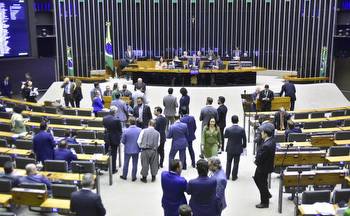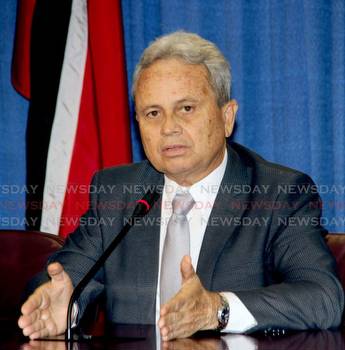Albanian draft law on legal online gambling published

Albania made public its draft law on legalising online betting on Wednesday after it had banned all forms of gambling, except in a handful of land-based casinos in 2019.
Only gambling online with registered and licensed operators will be permitted, and they will be subject to stringent requirements such as only accepting digital payments, registering players and keeping their personal data for a minimum of three years.
In Article 26, it is stated that the organiser of sports betting has “the obligation to pre-register every player who will participate in online sports betting, as well as to receive and store their identity data for at least three years. The storage of these data shall be done in accordance with the legislation in force for the protection of personal data”.
Furthermore, monetary deposits will not be made directly with the operator but through an authorised financial agent.
“The organiser of online sports betting should not accept cash from players, but only through Authorised Financial Agents according to this law”, is stated in the changes made in Article 26.
Under the law, agents include second-level banks, Albanian Post, and financial institutions licensed by the Bank of Albania, such as Western Union and Unionnet.
Operators must also be able to provide a guarantee for winners of games of chance, keeping liquid equivalent to €1.5 million in a designated bank account. This amount should never be less than 5% of all deposits made by players in the previous financial year, and access to the account is controlled by the Finance Ministry.
In addition, a second deposit of €450,000 must be designated in another fund for obligations relating to the authorities.
They must also be a joint-stock company headquartered in Albania and registered with the National Business Centre. Any shareholders must not have any criminal convictions or be in a judicial process for criminal offences.
The draft also foresees the creation of a special fund whereby the 15% corporate income tax paid by operators will be deposited.
“This fund serves to support projects in the field of sports, culture, innovation and innovation technology, based on the request for financing projects presented by state institutions, after receiving the opinion of public institutions in the field,” the document states.
For land-based casinos, they are required to deposit 0.4% of annual turnover into the fund, as well as the 15% corporate income tax. Additionally, the National Lottery will pay 5.4% of annual turnover to the fund.
The draft law will be passed to the National Agency of Information Society, which will evaluate it for standards relating to the identification and registration of players, software and hardware requirements, system certification, processes related to invoices and payment transactions, security, and compliance. After consultation with the agency, the final draft will be passed by a special government decision.
Once the law is passed, a commission will be set up at the Gambling Supervision Agency to issue licenses.
Since gambling was made illegal four years ago, the authorities executed a number of operations to crack down on illicit betting.
“Checks were carried out throughout the territory of the Republic of Albania for the years 2019, 2020, 2021 and 2022 in total 1,421 checks from which confiscations were made, criminal proceedings and administrative measures with fines for 135 subjects and individuals who operated illegally in the gambling market. Also, AMLF has reported 4,035 illegal betting addresses to AKEP with the aim of closing these addresses”, the report states.
Before the ban, there were more than 4,700 gambling shops across the country, while under the new law, there is no limit on the number of licenses that can be issued or accounts that can be opened.






































